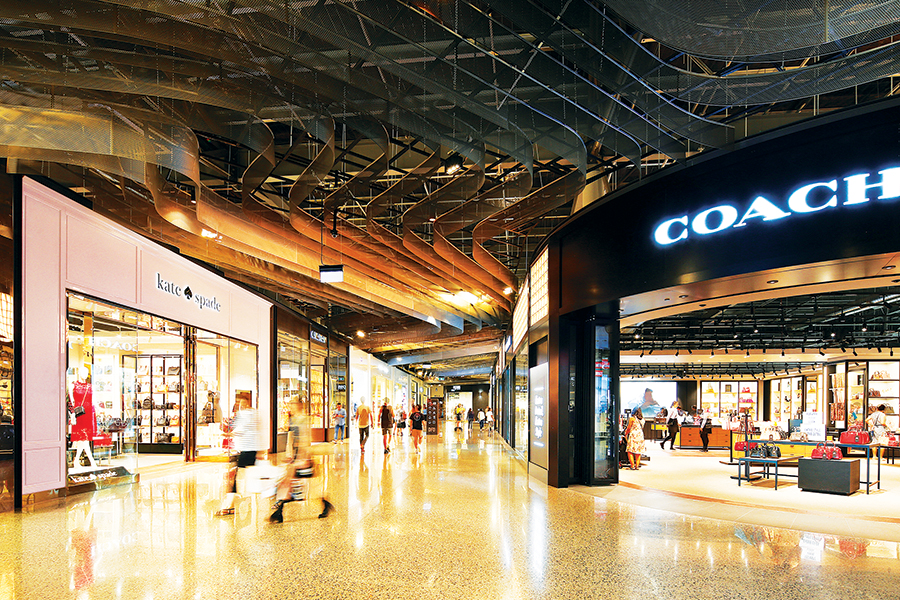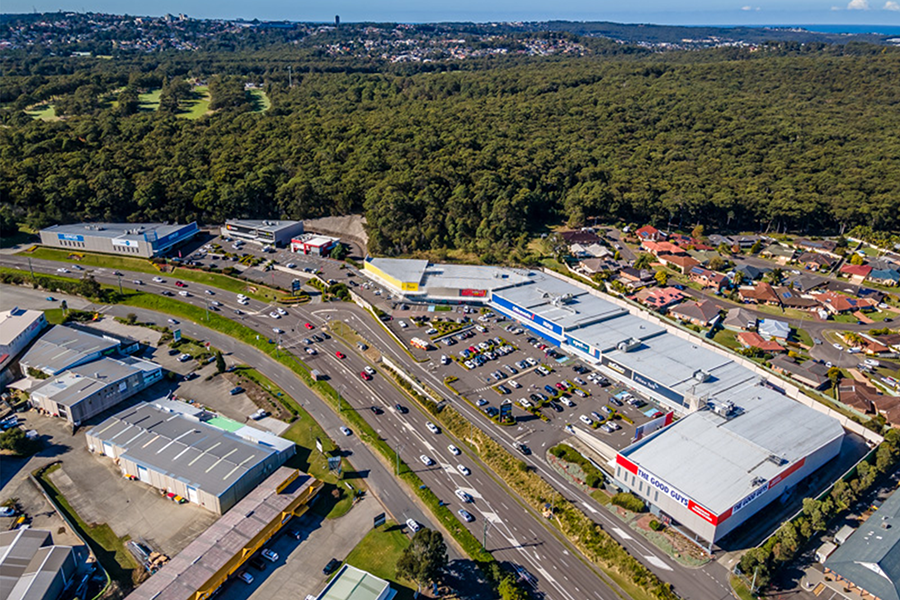Vicinity Centres today announced independent valuations of its 60 directly-owned retail properties, which have resulted in a net valuation decline for the overall portfolio of 11.3% or $1.79 billion for the six month period to 30 June 2020, reflecting the impact of COVID-19 and the evolving retail landscape. Vicinity’s flagship portfolio (Chadstone, Premium CBD and DFO outlet centres) has a net valuation loss of 8.8%.
The valuations are within the range of a decline of 11% to 13% announced on 1 June 2020 in conjunction with Vicinity’s equity raising and are subject to final audit and the Board’s consideration of Vicinity’s FY20 annual results to be announced on 19 August 2020.
Grant Kelley, CEO and Managing Director, said: “We have independently valued our entire portfolio at 30 June 2020. While the overall portfolio net valuation decline was 11.3%, the results highlighted the resilience of our Flagship portfolio, affirming our strategy and weighting towards metropolitan markets with strong long-term fundamentals.”
In the absence of suitable transaction evidence since the COVID-19 outbreak, valuers have addressed market conditions by closely focusing on the underlying cashflows. Key assumptions include significantly increasing short to medium term allowances such as vacancy, downtime, leasing capital, and lowering expectations for sales and market rental growth.
“A portion of the valuation decline in the period relates to assistance in the form of rent waivers provided by Vicinity to retailers impacted by the COVID-19 pandemic. It is important to note that retail property is one of the few industries where partial rent waivers, not just rent deferrals, are being offered to impacted businesses, notwithstanding legal obligations under leases. Vicinity is undertaking these actions to support the long-term sustainability of the retail industry.” said Kelley.

Excluding Victoria, portfolio customer visitation increases to 80%, with 95% of stores trading
Kelley added: “Aside from Victoria which has had an increase in COVID-19 cases and recently reinstated Stage 3 restrictions across metropolitan Melbourne, conditions across other Australian states continue to improve. For many of our centres, particularly those that are less reliant on office workers or tourists, customer visitation has returned to, or is close to, pre COVID-19 levels. Customer visitation across our portfolio is 68% of the prior year level, with 83% of stores trading. Excluding Victoria, portfolio customer visitation increases to 80%, with 95% of stores trading.
“This remains a highly uncertain and evolving environment, as demonstrated by current circumstances in Victoria. Any reductions in discretionary retail spending and lower retail activity may continue to have an adverse impact on the valuation of Vicinity’s assets.
“We remain confident in our strategy of focusing on market-leading destinations, which we believe will deliver returns for investors over the medium to long term, and ensure our retailers have the best platform to reach consumers. Our highest priority remains the health, safety and wellbeing of our team members, consumers, retailers and the broader community, as well as ensuring our centres continue to play an essential role in their communities.” said Kelley.
The key drivers for the 11.3% valuation decline over the six-month period include:
- 21 basis point softening in the weighted average capitalisation rate of the portfolio to 5.47% at 30 June 2020 from 5.26% at 31 December 2019. Discount rates for the portfolio remain relatively flat
- Short term one-off COVID-19 related adjustments including the waiver and deferral of rent for impacted tenancies, higher vacancy allowances, and increased downtime and leasing capital assumptions
- Lower sales and market rent growth, and consequently market rental reversions for a period of up to three years to allow for the full impact of COVID-19
- Income and capital allowances for repurposing space that may be handed back, and
- Increased capital expenditure allowances to ensure our centres remain relevant and meet consumer preferences.





















